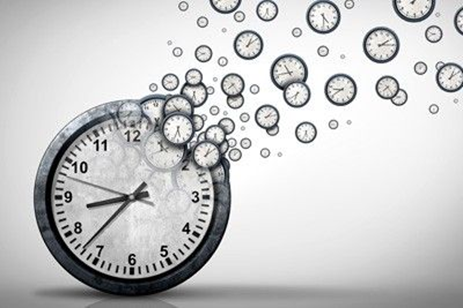You are only as old as you feel… or more accurately, as old as you feel like taking care of yourself!
If your biological age is younger than your chronological age, keep doing what you’re doing!
But, if your biological age is older than your chronological age, consider a few steps that can turn back the clock.

Biological age is a measure of how well your body is functioning compared to your chronological age, indicating your healthspan rather than just your lifespan.
It can be assessed using biomarkers such as blood tests, DNA methylation, and telomere length, which reflect the condition of your organs and risk for chronic diseases.
By adopting healthy lifestyle habits like a balanced diet, regular exercise, good sleep, and stress management, you can improve your biological age and reduce the risk of chronic diseases, even with small changes.
Aging starts at the molecular level and leads to visible changes like wrinkles and muscle loss, as well as chronic diseases and functional decline, which can be measured using epigenetic clocks like the Hannum and Horvath Clocks.
Epigenetics studies how lifestyle and environment affect gene expression, influencing health and aging; choices like diet and exercise can promote beneficial epigenetic changes, extending healthspan.
Research shows associations between epigenetic measures of aging and common diseases, and factors like early menopause, insomnia, and lifestyle choices can impact epigenetic age, which can be assessed using biomarkers, DNA methylation, and telomere length.
Researchers have identified a pattern of nine blood biomarkers that reflect the physiological function of various systems, such as cardiovascular, liver, kidney, immune, and metabolic, which contribute to aging and disease susceptibility.
This set of biomarkers can help predict 10-year mortality and is more indicative of true health than chronological age. Biological age, also known as "phenotypic age" or "PhenoAge," can be calculated using these biomarkers to assess an individual's risk of chronic diseases, cognitive and physical decline, and overall remaining lifespan.
Addressing and improving biological age through lifestyle changes can reduce the risk of chronic diseases and increase the likelihood of a longer health span.
While chronological age is fixed, biological age can be influenced by individual health behaviors such as nutrition, exercise, sleep, smoking, and alcohol consumption, as well as recent adversities, stressors, and genetic factors. If biological age is higher than chronological age, simple lifestyle changes can improve it.
The Life's Essential 8 (LE8) factors, which include diet, exercise, and other health behaviors, are inversely correlated with biological age, meaning a higher LE8 score is associated with a lower biological age.
A pro-inflammatory diet, characterized by foods like red meats and processed foods, is linked to chronic disease and accelerated aging, while anti-inflammatory foods like leafy greens and oily fish can help reduce inflammation and improve biological age.
Fasting and a combination of diet and exercise have also been shown to decrease biological age and increase healthy aging. These findings suggest that adopting healthier lifestyle habits can positively impact biological age and overall health.
Remember, you can slow down your biological aging by adopting healthy habits that include:

Photo by Jane Doan from Pexels.com
One small step toward a healthy behavior can contribute to a giant leap toward a lower biological age and a healthier being!
CLICK HERE to access the ODX Biological Age Series in our Research Blog. Our series dives into Biological Age, health consequences, assessments, and more.